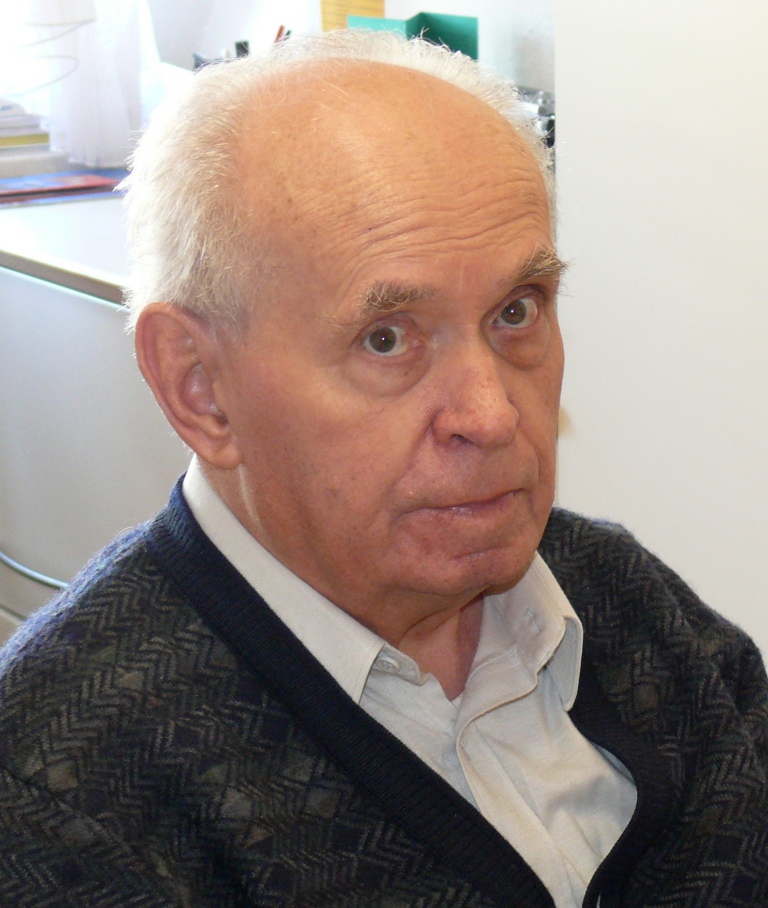Daniel Comboni
Comboni Missionaries
Institutional area
Other links
Newsletter
In Pace Christi
Plankensteiner Alois
On the morning of 1st November, the feast of All Saints, after a long illness, Fr. Alois Plankensteiner departed from this life at the house of the Comboni Missionaries in Ellwangen (Germany). He was born in St. Georgen, Bolzano Province, on 19 September, 1932. He met the Comboni Missionaries during secondary school when he lived at our college in Bressanone. At the age of sixteen, he entered the Institute at Bamberg where he took temporary vows on 24 September, 1958. He continued with his theological studies at the diocesan seminary of Bressanone where he was ordained on 29 June, 1961. He spent the first thirteen years of his priestly ministry life in the DSP as formator, local superior and in missionary animation. He was also elected Assistant General of the MFSC.
A new phase dawned for him as he was sent as a missionary to South Africa in July 1974, where he served as parish priest in various places, mainly in the Diocese of Witbank (Middelburg, Bongani, Nelspruit, Witbank) and then in the Archdiocese of Pretoria (Silverton).
Of the 25 years Fr. Alois spent in South Africa, twenty were spent under the apartheid regime, declared a crime against humanity by the UN. The history of the South African province is of interest to our Institute. On 12 June, 1923, a pontifical decree established the Apostolic Prefecture of Lydenburg, in Transvaal. A month later, the Comboni Institute of The Sons of the Sacred Heart of Jesus (FSCJ) officially approved the division of the Institute. The German-speaking branch took the name of Missionary Sons of the Sacred Heart (MFSC) and was given responsibility for the new Prefecture in South Africa. Apart from a few sporadic visits by passing priests, there never had been and real pastoral and missionary work done in the Prefecture. This was the new field of work that opened up to the first group of German-speaking Combonis who arrived in South Africa in 1924, coming directly from Sudan.
Fr. Johann Maneschg says that Fr. Alois was remembered for his sociable and communicative character. But, most of all, he was loved as priest with empathy, open to the pains and needs of people, listening to them and giving good advice. Ordained on the eve of the opening of Vatican II, he was shaped by the renewal brought about by the Council. His spirituality was deeply formed by the charismatic movement and the pastoral outreach which was re-awakened and renewed by this great ecclesial event. Fr. Alois took very seriously the ‘aggiornamento’ through assiduous attendance of Lumko Courses, Winter Schools, Life-in-the-Spirit seminars and other renewal initiatives offered locally and overseas as well as through regular personal studies. His sermons, always grounded in daily study of and meditation on Holy Scripture and pastorally oriented, made a strong impact on people. A special ministry he dearly loved was his engagement in the marriage encounter programs and gatherings where his contribution was highly appreciated. During his time as parish priest in Witbank (eMalahleni), the Cathedral Church was artfully renovated in line with the liturgical norms issued by Vatican II. The last station of his ministry in South Africa was in Silverton. As his health deteriorated due to a light stroke, he decided in 1999 to return to the DSP.
He stayed at the community of Milland for six years where he worked in missionary animation. As his illness worsened, in 2005, he had to go to Ellwangen and the House for Elderly and Infirm Confreres where he passed away on 1 November, 2012, at the age of 80 years. He was buried in the cemetery of St. Wolfang in Ellwangen.
Da Mccj Bulletin n. 254 suppl. In Memoriam, gennaio 2013, pp. 85-88.

